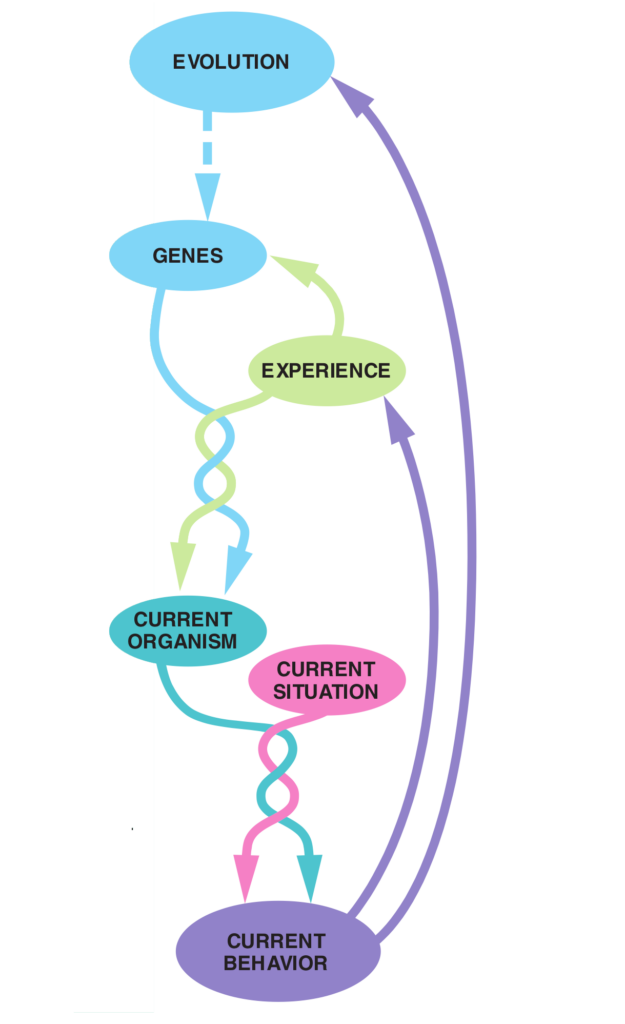Domestication
- History of domestication in the Netherlands
- Housing market dynamics
- Dutch house prices versus income
Human domestication is a fascinating and intricate process that has shaped the course of our history. Unlike the domestication of animals, human domestication involves a multifaceted historical transformation encompassing social, cultural, and psychological aspects.
The earliest traces of human domestication can be traced back thousands of years to the transition from nomadic hunter-gatherer societies to settled agricultural communities. With the advent of agriculture, humans began to cultivate crops, domesticate animals for food, and establish permanent settlements. This marked a pivotal turning point in our history, leading to the development of complex societies, the rise of civilizations, and the expansion of human capabilities.
Human domestication is not limited to the physical manipulation of its environment but extends to the development of complex social structures and cultural systems. It involves the establishment of norms, rules, and institutions that govern human behavior and interaction. Family units, social hierarchies, and organized governance systems emerged as a result of domestication, allowing for collective cooperation and specialization of labor. These social structures provided a foundation for stability and progress, enabling humans to tackle larger-scale projects, innovate, and advance.
Beyond the external changes brought about by domestication, it is crucial to recognize the psychological adaptations that occurred within humans. Domestication influenced our cognitive abilities, emotional responses, and even physical characteristics. Over time, humans developed a deeper capacity for empathy, cooperation, and communication, enabling the formation of more complex social bonds. Additionally, selective breeding and adaptation to a sedentary lifestyle resulted in physical changes such as reduced body size, altered skeletal structure, and increased tolerance for communal living.
Human domestication has undoubtedly brought both benefits and costs. On the positive side, domestication has allowed for the development of agriculture, which provided a consistent food supply, improved living conditions, and facilitated population growth. It also enabled the accumulation of surplus resources, leading to advancements in technology, trade, and the arts. However, it also brought forth challenges such as increased inequality, environmental degradation, and the loss of traditional knowledge and practices.
While human domestication has played a significant role in shaping our past, its influence persists in modern times. Today, our societies are highly domesticated, characterized by urbanization, complex economic systems, and intricate social networks. The effects of domestication are evident in our reliance on technology, the division of labor, and the interconnectedness of global economies. As we navigate the challenges of the 21st century, understanding the ongoing process of human domestication can provide valuable insights into addressing issues such as sustainability, social justice, and the preservation of cultural diversity.
Human domestication is a multifaceted process that has shaped the course of human history. From the establishment of settled agricultural communities to the development of complex social structures, domestication has been instrumental in fostering human progress. While it has brought about significant benefits, it has also presented challenges that require careful consideration. By recognizing the impact of domestication and understanding its complexities, we can strive to create a more sustainable and harmonious future for our species and the world we inhabit.
